Parliamentary support required for recovery
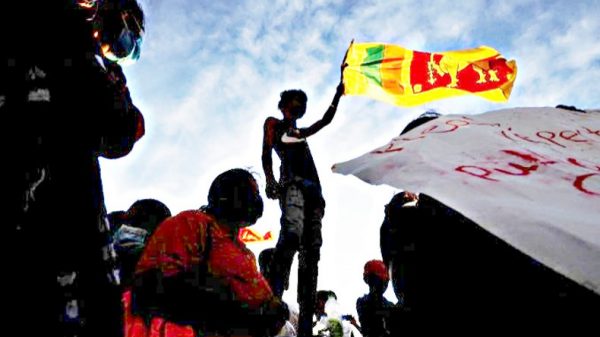
Jehan Perera:
WITH less than a year and half to the presidential elections, president Ranil Wickremesinghe has a tight deadline to meet if he is to attain his aspirations for the country. His visit last week to Japan where he sought to renew ties which had made it Sri Lanka’s largest aid donor for decades, was reported to be highly successful. During his visit, the president had apologised to the Japanese government leaders regarding the cancellation of the Light Rail Transit project which was subsequently delivered by Japan to Bangladesh. The completion of the elevated railroad would have significantly reduced Colombo’s traffic jams. The disastrous mistake the previous government made in crudely cancelling the project unilaterally and without rational reason lost Sri Lanka the goodwill of Japan which will not be easy to get back. Getting Japan back as a donor partner would be a great boon. Overcoming the serious economic crisis that besets the country and its people would require a massive infusion of foreign assistance if the period of recovery is to be kept short and not prolonged indefinitely.
President Wickremesinghe’s leadership is also being credited with the structural economic reforms that the country is undertaking with regard to revenue generation and cost cutting. Undertaking economic reforms that would streamline the economy has been a long term desire on the part of the president and seen during his past stints as prime minister. During the period 2001 to 2004, when he effectively led the government as prime minister and entered into the ceasefire agreement with the LTTE, he tried to implement the same set of economic reforms. Both of these radical measures proved to be too much for the population to bear and he suffered defeat at the elections that followed. Typically, the reform measures he presents is based on the ‘trickle down’ theory, which in highly corrupt polities like Sri Lanka means that the poor have to be content with the crumbs falling off the table. Once again, and unfazed, he is taking up the challenge of taking up unpopular economic measures such as cutting subsidies, increasing taxes and privatising state owned enterprises.
As part of the IMF recovery plan for the country, the government under his leadership is putting in place anti-corruption legislation that is required by the IMF. It appears that this legislation, which is still in its draft form, is being pushed more by the president than by the government. This was evident when a civil society group led by the anti-corruption watchdog Transparency International held a meeting for parliamentarians of all parties within the parliamentary complex. The attendance from the government side was limited, though the opposition participated in strength. The top leadership of most of the opposition parties was in attendance, especially the largest opposition party, the SJB, whose leader Sajith Premadasa also made an appearance. They gave an inkling of the change of faces that needs to accompany any ‘system change.’ The consensus of the discussion was that the draft legislation was a positive addition to the fight against corruption. The handling of corruption and self-questioning the reasons behind our fall are urgent tasks that the president cannot neglect if he wants the country to be on a sustainable path.
Ground situation
THE situation on the ground in terms of implementation of the laws pertaining to good governance and accountability continue to be highly unsatisfactory. The protest movement that was in evidence a year ago, gave its attention to issues of corruption and economic mismanagement for the reason that it had led to the economic collapse of the country that affected the entirety of its population. Both corruption and economic mismanagement had been facilitated by the concentration of political power in the executive. One of president Wickremesinghe’s first actions was to give astute political leadership to the passage of the 21st Amendment which sought to restore the independence of key state institutions necessary for a check and balance function. The most important aspect of the 21st Amendment is to protect those who are in charge of oversight bodies from interference by the political authority.
A notable feature of the present is that the parliamentary majority has shown itself to be willing to follow president Wickremesinghe’s lead when it comes to putting frameworks of good governance and accountability in place for the future. But when it comes to implementing them in the present, the ruling party in particular works in its own self interest and to protect its own. Unfortunately, there are a growing number of instances in which it can be seen that the parliamentary majority led by the ruling party continues to flout the spirit of the law and practices of good governance. This was seen in the manner in which the chairman of the Public Utilities Commission was forced out of his position through a majority vote in parliament. Regrettably, the protections afforded by the 21st Amendment could not protect the chairman of the regulatory authority who opposed the electricity price hikes that led to the price hike to the poorest being up to 500 per cent while to the super rich and companies it was only 50 per cent. It would have been more justifiable if the rich and poor had been treated with equal proportionate increases rather than one skewed in favour of the rich.
The second incident in the same week has been the apprehension of a parliamentarian at the airport for gold smuggling who was let off with a fine that was much less than the fine provided for by law for such offenses. The parliamentarian himself has shown no remorse whatsoever and on the contrary has argued with considerable gumption that he is a victim of injustice as he did not pack his own bag and it was done by another. The very same day that he paid his fine and was released by the customs he went to parliament as if he had no problems. Opposition parliamentarians have urged that the parliamentarian caught gold smuggling should resign, but so far to no avail. The question is whether he will be held accountable for the discredit he has brought upon himself, his political party, parliament and the country or whether he will be judged to be no worse than many of his peers and the matter put aside.
Dissolve parliament
THE third incident in the same week is that of a foreign national who entered the country on a forged passport and was apprehended at the airport by immigration officers. They were instructed by a government minister to release the foreign person on the grounds that he was a businessman who had come to invest in the country. However, when the incident was reported in the media the government decided to deport him and said it will take action against the immigration officers who had followed illegal orders in releasing him. The media reported that no inquiry will be held against the minister for influencing the Immigration officials to release the arrested foreign national as anybody could make a request like that but that an inquiry should be held against the Immigration officials for obeying the wrong instructions.
President Wickremesinghe has won many plaudits for his willingness to take up the challenge of rescuing the country from the abyss when the accepted former president Gotabaya Rajapaksa’s offer to become prime minister. It has now become clear that the president is determined to set laws and frameworks for the future. Unfortunately, it appears that the implementation of good governance practices and accountability is simply impossible in a context in which the parliamentary majority is not willing to follow them. As a result, the crackdown on corruption and abuse of power that was hoped for when President Wickremesinghe took over has not manifested itself on the ground. The restoration of houses for parliamentarians whose were attacked during the mass uprising from funds set aside for war victims, and the large number of ministries with accompanying perks of office show disregard for the sufferings that less fortunate sections of the population are subjected to.
There is still little or no evidence that president Wickremesinghe is able or willing to take action against those within his government who violate the laws and frameworks of good governance that he is setting for the future of the country. Up to now, the president has only been able to use the security forces and the parliamentary majority to crack down on the protest movement which demanded an end to corruption and accountability for abuse of power. If this situation continues the president will lose both credibility and authority while those who engage in corruption and abuse of power will once again entrench themselves and become impossible to dislodge to the detriment of the national interest. There is a need for all in the polity, both government and opposition, to strengthen the hand of the president to make a break with the past so that the resources of the country will be used for the common good rather than end up in private pockets. The alternative would be to wait for elections that would bring about the change that is needed.
Jehan Perera is executive director of the National Peace Council of Sri Lanka.


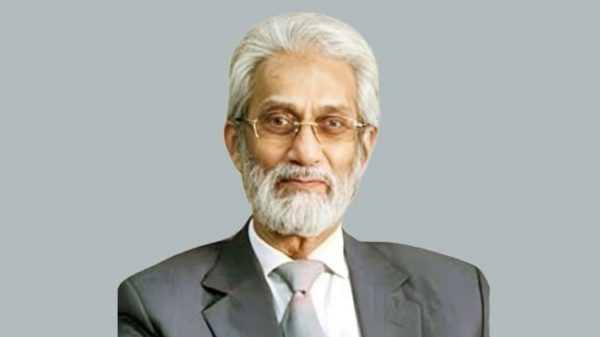
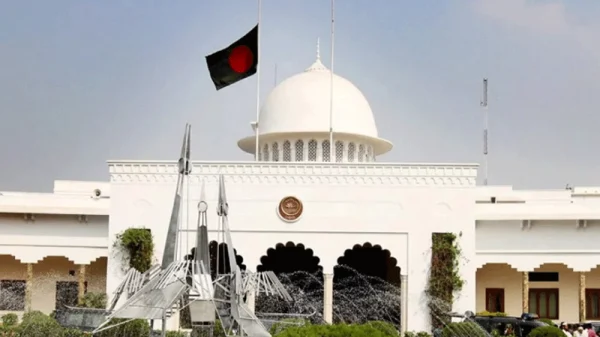
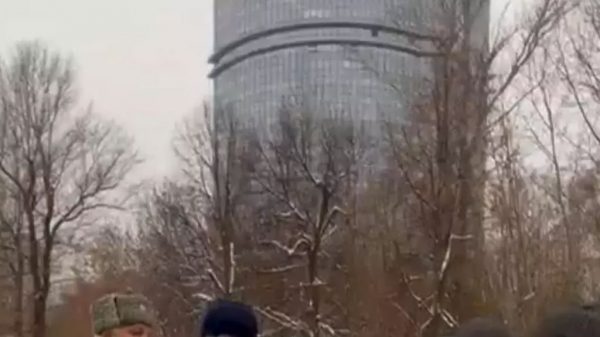
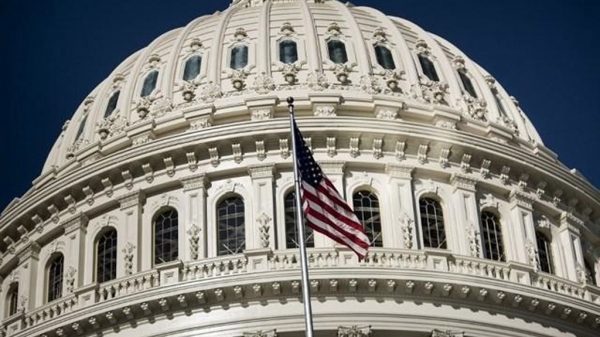
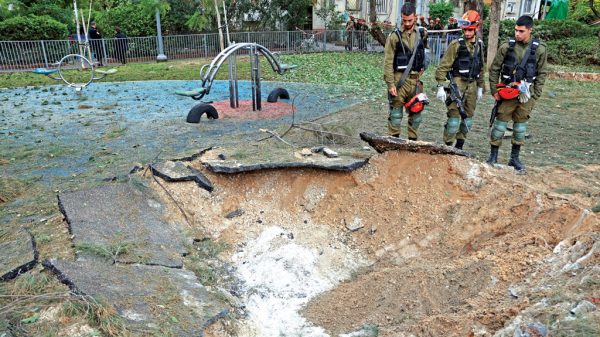
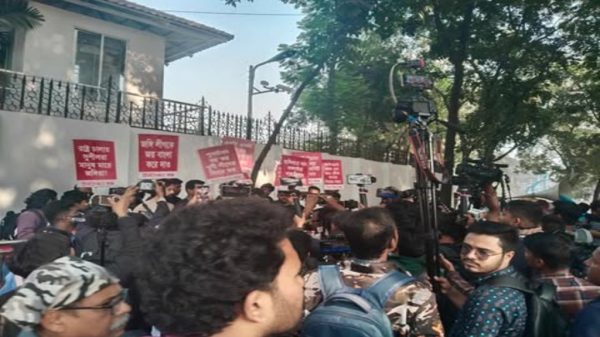
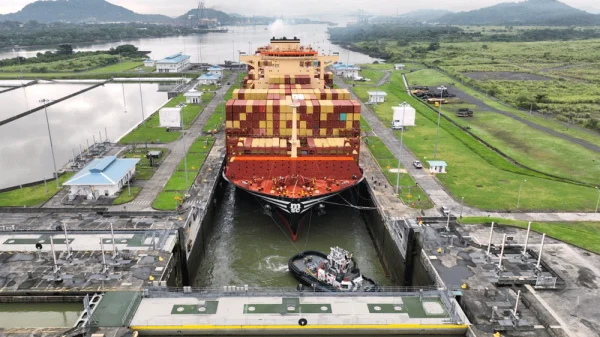
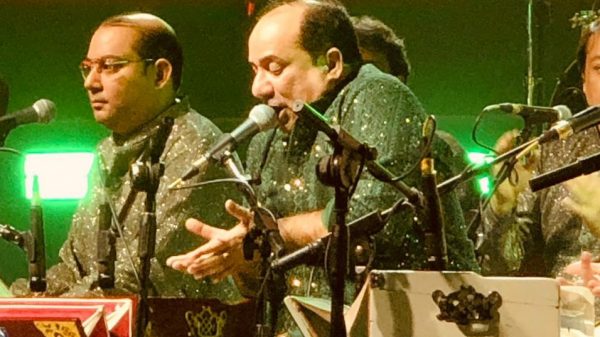
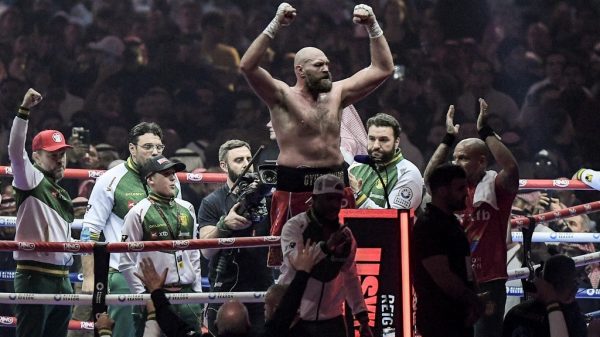
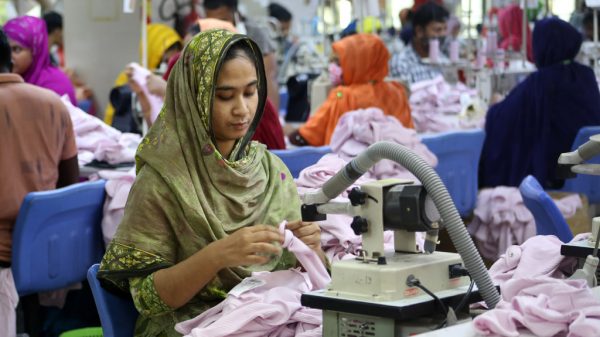











Leave a Reply